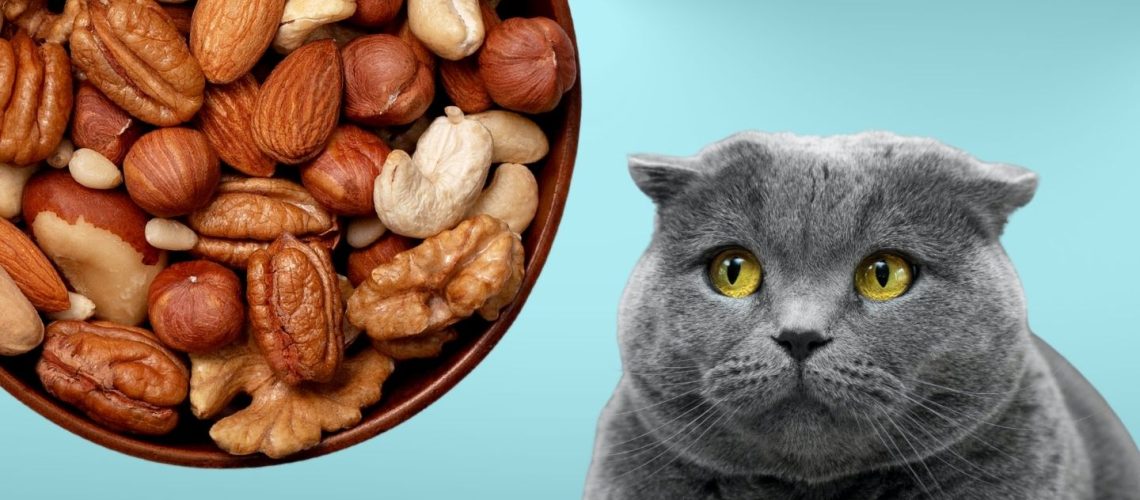The short answer is no, cats should not eat nuts. While some nuts may not be toxic to cats, they can still be harmful to their digestive systems and cause various health issues.
Nutritional Value for Cats
Nuts, such as almonds, peanuts, and walnuts, are a common human snack and are often high in protein, fiber, and healthy fats. However, these nutrients are not essential for a cat's diet and can actually cause problems for their delicate digestive system.
Possible Health Risks
Ingesting nuts can lead to gastrointestinal issues in cats, such as vomiting, diarrhea, and abdominal pain. Nuts can also cause pancreatitis, a potentially life-threatening inflammation of the pancreas. In addition, the high fat content in nuts can lead to weight gain and potential obesity in cats.
Safe Alternative Snacks
If you want to give your cat a special treat, it is best to stick to cat-friendly snacks such as cooked, lean meats or commercial cat treats. It is also important to always check with your veterinarian before giving your cat any new food or treats.
Portion Size
It is important to note that even a small amount of nuts can be harmful to your cat. It is best to not offer any nuts to your feline friend and stick to their regular, balanced diet.
Common Types of Nuts and Their Effects on Cats
Almonds
- Potential risks: gastrointestinal upset, choking hazard
Peanuts
- Potential risks: choking hazard, allergic reactions
Walnuts
- Potential risks: gastrointestinal upset, mold toxins, choking hazard
Cashews
- Potential risks: high fat content, gastrointestinal upset
Pistachios
- Potential risks: high fat content, gastrointestinal upset, aflatoxin contamination
Pecans
- Potential risks: choking hazard, mold toxins
Macadamia Nuts
- Potential risks: toxic to cats, lethargy, vomiting, tremors
Hazelnuts
- Potential risks: choking hazard, gastrointestinal upset
Signs of Nut Ingestion in Cats
- Vomiting
- Diarrhea
- Abdominal pain
- Lethargy
- Loss of appetite
- Dehydration
- Pancreatitis symptoms (fever, increased heart rate, difficulty breathing)
What to Do If Your Cat Eats Nuts
- Remain calm
- Assess the situation and identify the type and amount of nuts ingested
- Contact your veterinarian or emergency animal clinic for advice
- Monitor your cat for any signs of distress or illness
- Prevent future access to nuts
Tips for Keeping Nuts Away from Cats
- Store nuts in airtight containers or secure cabinets
- Be mindful of where you eat nuts and clean up any spills or crumbs immediately
- Educate family members and guests about the dangers of feeding nuts to cats
- Supervise your cat around food and snacks
Conclusion
While nuts may be a nutritious snack for humans, they pose several health risks for cats. It is best to avoid feeding your cat any type of nut and instead provide them with a balanced diet and cat-safe treats. Always consult your veterinarian for advice on your cat's specific dietary needs and restrictions.







